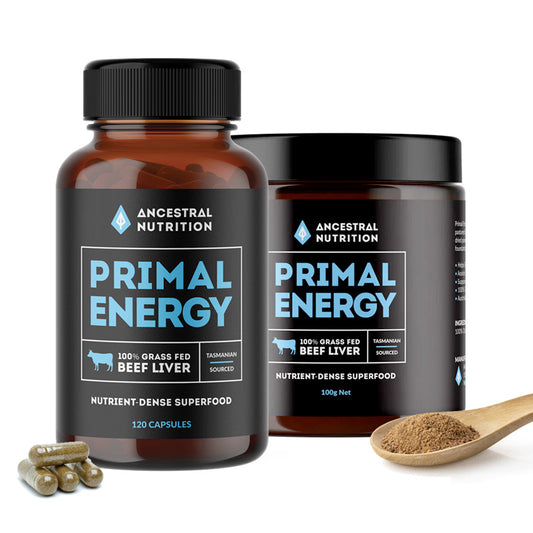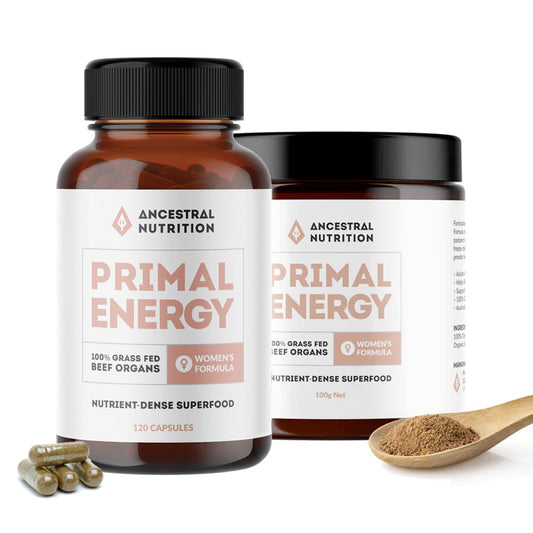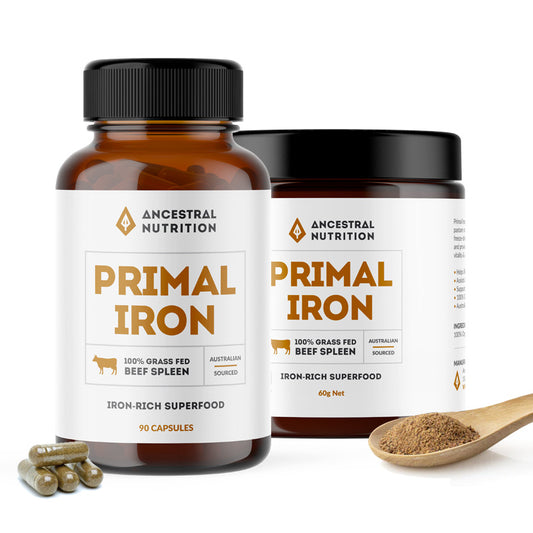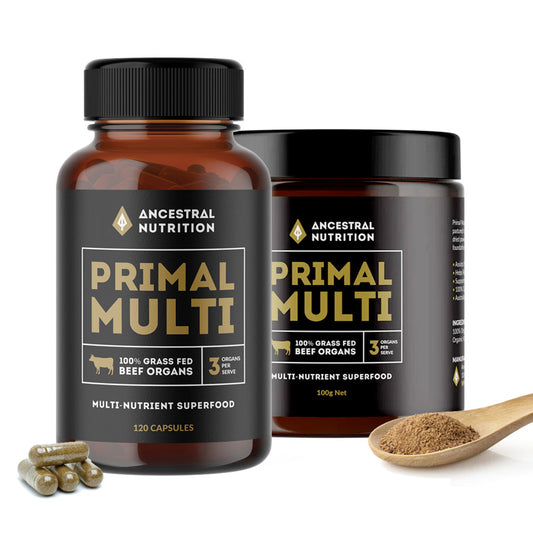
Histamine intolerance is a condition where the body is unable to properly break down histamine, a chemical compound that occurs naturally in the body and is also found in certain foods. When histamine levels build up in the body, it can lead to a range of symptoms such as headaches, hives, runny nose, and digestive issues. While this condition is not widely recognised in the medical community, many people report significant improvements in their health by following a low histamine diet that includes nutrient-dense foods such as beef organs.
Histamine intolerance and its impact on health
Histamine intolerance occurs when the body is unable to properly metabolise histamine, resulting in an excess build-up of the compound. Histamine is produced by mast cells in the body and is involved in many bodily processes, including immune response, blood vessel dilation, and digestion. When histamine is released in response to an allergen or other trigger, it can cause a range of symptoms, such as itching, swelling, and inflammation.
People with histamine intolerance may experience similar symptoms, as their bodies are unable to properly break down histamine. Symptoms may include headaches, migraines, hives, skin rash, runny nose, sneezing, nasal congestion, itching, watery eyes, fatigue, anxiety, nausea, vomiting, abdominal pain, diarrhoea, and heart palpitations.
The causes of histamine intolerance are not fully understood, but several factors may contribute to the condition, including gut dysbiosis (leaky gut), impaired gut function, genetic factors, and exposure to environmental toxins. Individuals with certain underlying health conditions, such as celiac disease, irritable bowel syndrome, and autoimmune disorders, may also be more susceptible to histamine intolerance.
Diet and histamine intolerance
One of the primary ways to manage histamine intolerance is through diet. Certain foods are known to be high in histamine or to trigger histamine release in the body, such as fermented foods, aged cheeses, smoked meats, shellfish, some fruits and alcohol. Avoiding these foods can help to reduce histamine levels and alleviate symptoms.
On the other hand, there are several nutrient-dense foods that can help to support overall health and reduce inflammation in the body, which may be particularly beneficial for people with histamine intolerance. These include leafy greens, cruciferous vegetables, berries, wild-caught fish, grass-fed meats, and organ meats, such as beef liver, heart, and kidney.
Beef organs and histamine intolerance
Beef organs are a particularly valuable food source for people with histamine intolerance, as they are high in several key nutrients that can help to support overall health and reduce inflammation in the body. These include:
- DAO (Diamine Oxidase): Beef kidneys are a good source of DAO, an enzyme that helps to break down histamine in the body. Individuals with histamine intolerance often have low levels of DAO, which can lead to an excess build-up of histamine and subsequent symptoms. Consuming beef kidneys may help to support healthy levels of DAO and improve histamine metabolism in the body.
-
Vitamin B12: Beef organs are a rich source of vitamin B12 which plays a crucial role in the conversion of histidine, an amino acid found in many foods, into histamine. When histidine is broken down by an enzyme called histidine decarboxylase, it is converted into histamine. However, this process requires vitamin B12 as a cofactor. Without adequate levels of vitamin B12, the conversion of histidine to histamine may be impaired, leading to an accumulation of histidine and subsequent histamine intolerance symptoms.
-
Iron: Beef organs offer a natural source of heme iron which is a cofactor for several enzymes involved in the metabolism of histamine. Without adequate levels of iron, DAO activity may be impaired, leading to an accumulation of histamine and subsequent histamine intolerance symptoms. Iron is a mineral that is essential for the production of red blood cells and the proper functioning of the immune system.
-
Zinc: Beef organs are high in zinc which plays an important role in histamine metabolism and is also important for supporting overall immune function, which can be especially important for individuals with histamine intolerance. Zinc is involved in the production of white blood cells and other immune cells that help to protect the body against pathogens and other threats. Zinc also helps to regulate the production of cytokines, which are signalling molecules that are involved in the immune response.
-
Copper: Beef organs are also a rich source of copper, a mineral that is essential for the production of red blood cells and the proper functioning of the immune system. Copper deficiency can lead to anemia, impaired immune function, and bone abnormalities
In conclusion, histamine intolerance can cause a range of uncomfortable symptoms, but managing it through diet can be effective in reducing symptoms and improving overall health. Consuming nutrient-dense foods such as beef organs, which are high in key vitamins and minerals like B12, iron, zinc, copper, and DAO, can be particularly helpful in supporting healthy histamine metabolism and reducing inflammation in the body. Incorporating these foods into a low histamine diet may help individuals with histamine intolerance to manage their symptoms and improve their quality of life.
How Can Beef Liver & Organs Support Histamine Intolerance?

Many people assume that beef organs are simply a good source of iron which in turn helps to support a healthy immune system. While they do contain heme iron they are particularly rich in B-vitamins, and are also rich in minerals, including zinc and copper. These are the building blocks required to support a healthy body. They also come packed as nature intended in a whole food animal-based source that are generally more bioavailable than plant-based or synthetic supplements.
Our beef liver and beef organ supplements are contained in easy-to-take flavourless capsules. They are non-defatted to preserve the fat-soluble nutrient content and are freeze-dried, which also helps preserve the full range of nutrients. They are 100% hormone, antibiotic and GMO-free and are 100% grass-fed and organic from the pristine Tasmanian pastures.




